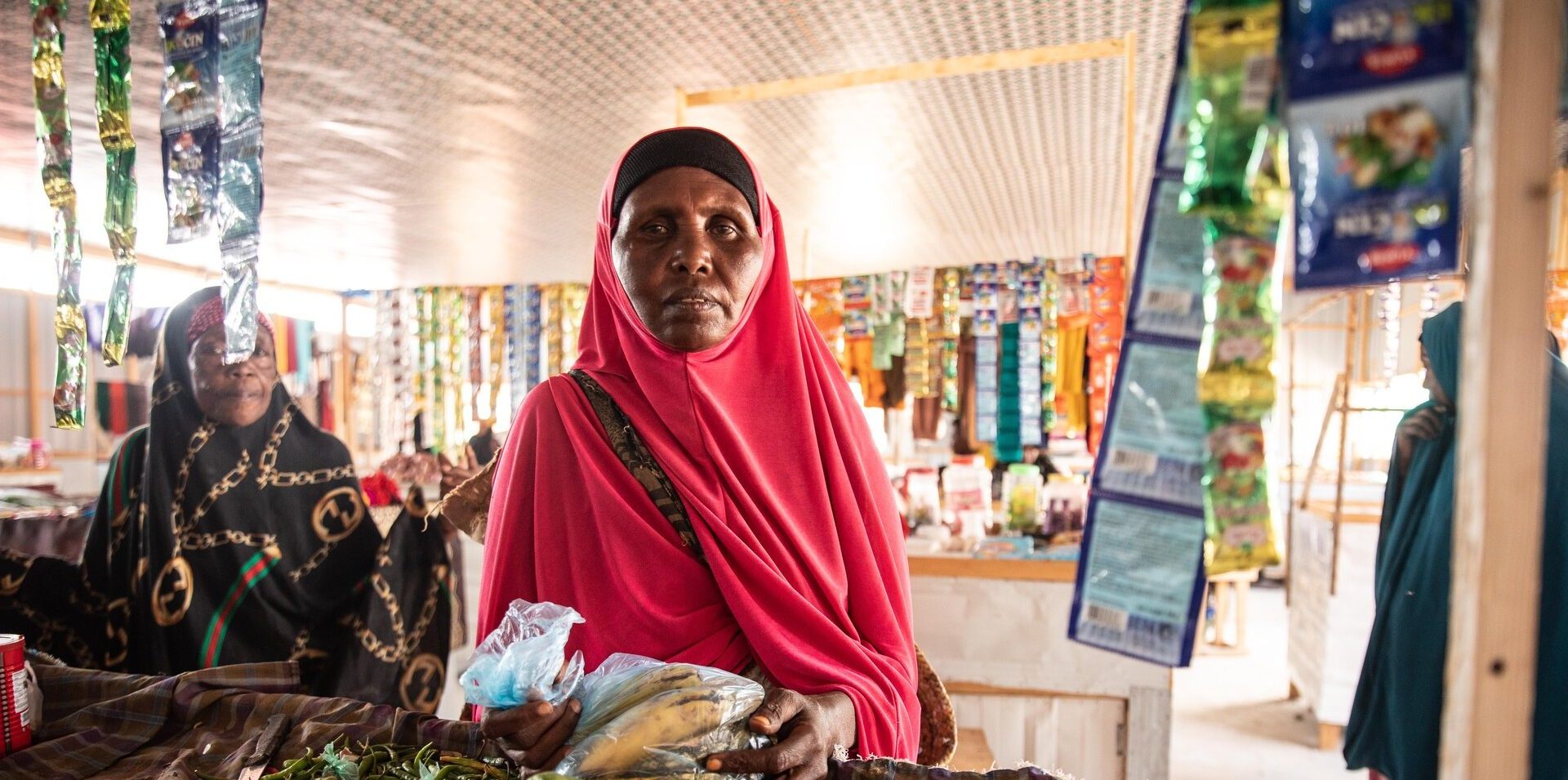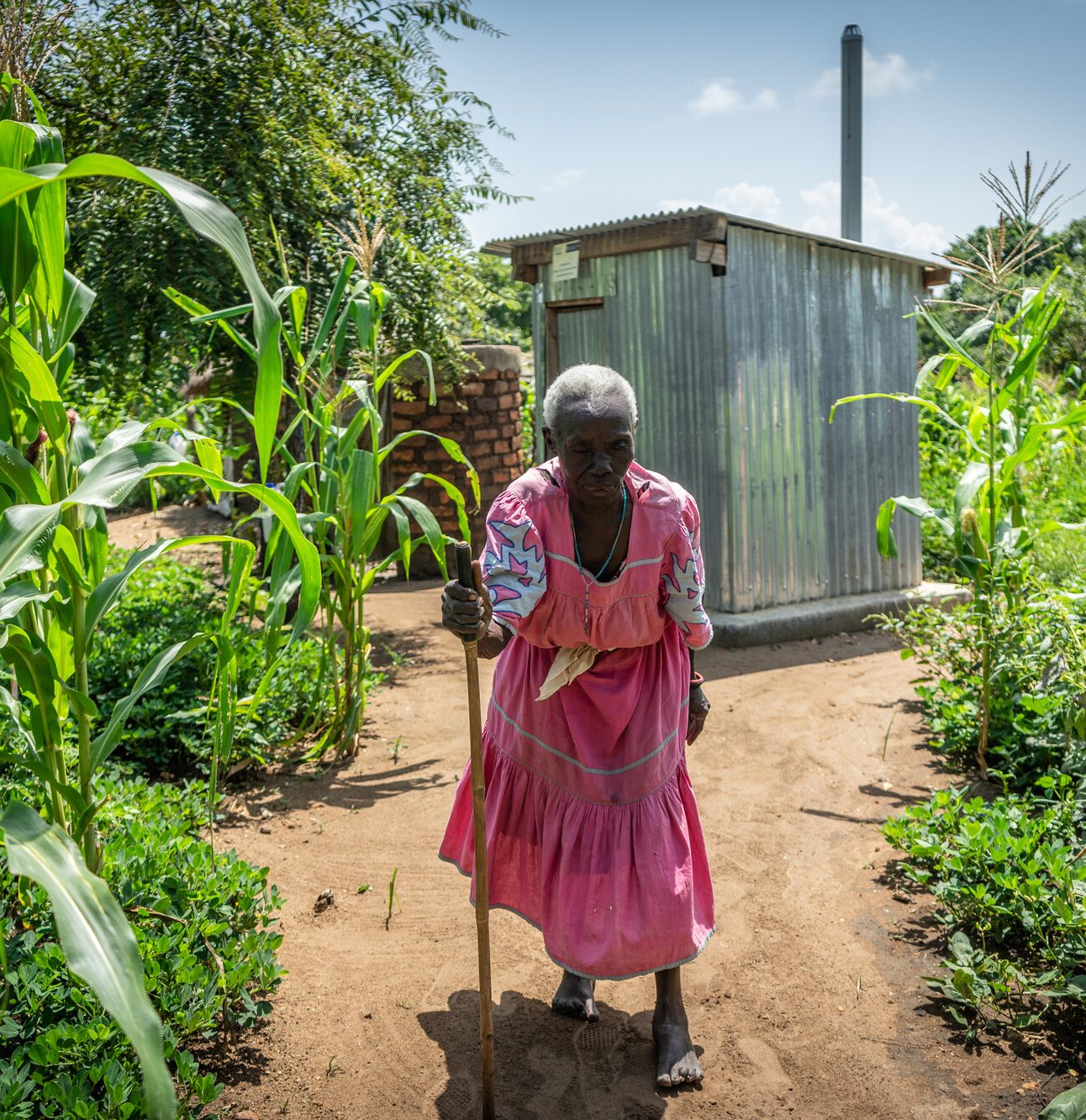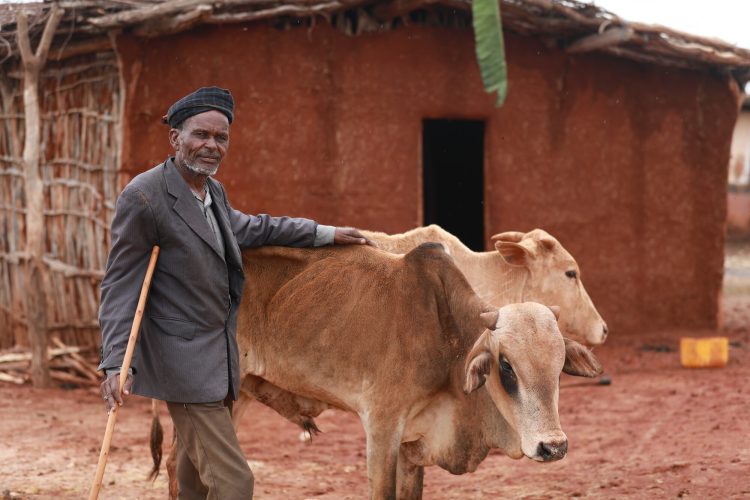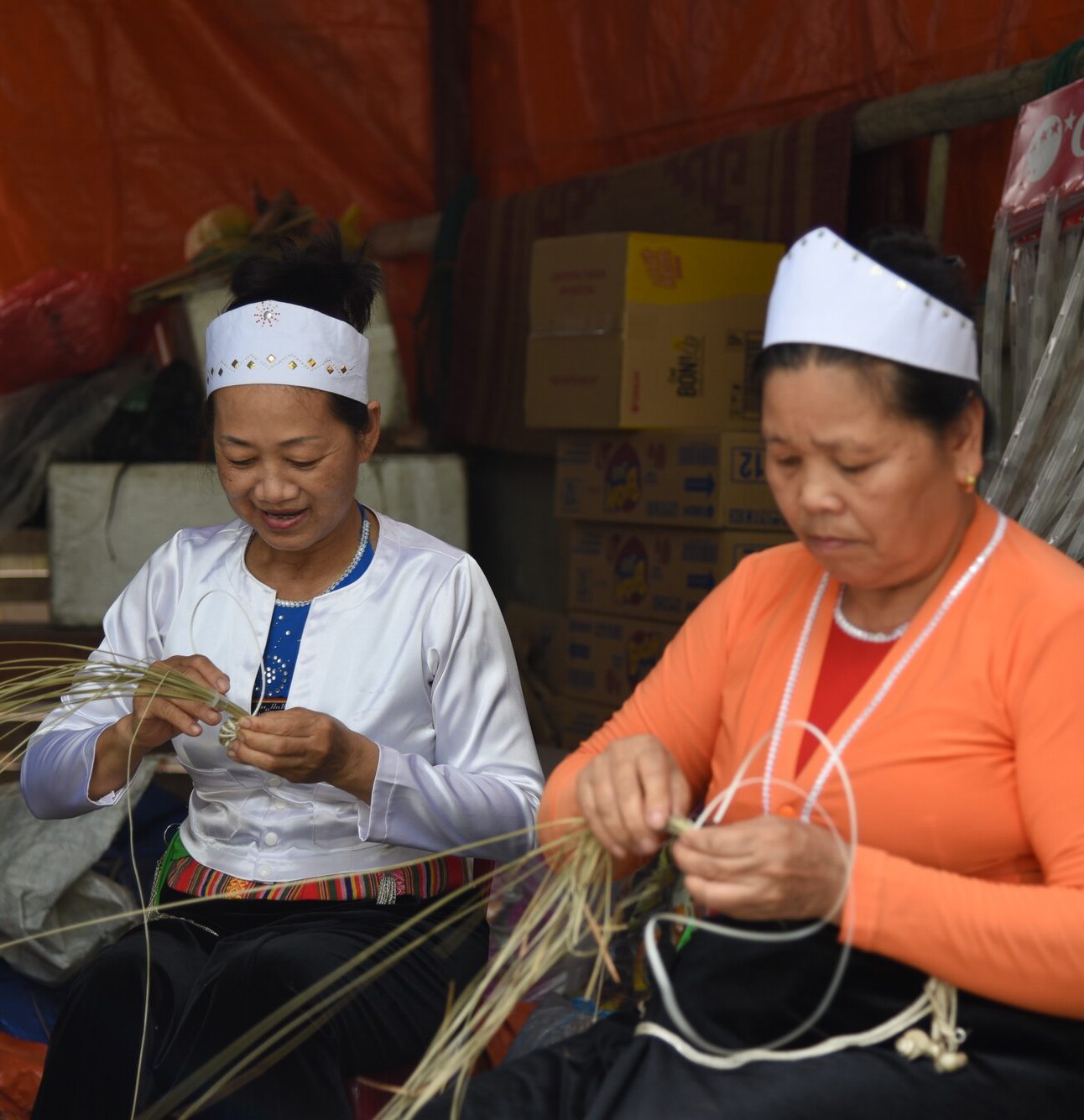Rising food and fuel costs together with an ever-worsening financial conditions are affecting all of us. But for older people on an already low or no income, the situation is bleak. We take a look at why it’s happening, the toll it’s taking and what we could do about it.
What is the crisis?
This is a crisis within multiple crises. That’s because whenever there is an emergency, older people are often overlooked, their specific needs unanswered and their rights side-lined. Our concern is that this trio of crises – record food and fuel costs and financial volatility – will be no different, putting older people at risk of starvation, acute ill-health and extreme poverty.
How did we get to this point?
The pandemic radically stalled the economy, forcing governments and individuals to draw on their reserves. For older people in low- and middle-income countries, finding financial slack in already tight budgets was difficult. The pandemic forced millions to ration their outgoings, their food intake and call on the support of family and friends to survive.
FACT: 46% of older people in the Philippines were already below the poverty line before Covid-19
There is also scant social protection for older people: in many of the countries where HelpAge and our partners work, universal pensions and free health care simply don’t exist. And for many older people, it is simply not possible to go out and find work.
Riding out the huge financial shock of COVID-19 was always going to be hard but the Russian invasion of Ukraine, sent costs soaring at a time when cupboards were already bare.
What impact is this having on older people worldwide?
Older people in low- and middle-income countries are particularly susceptible to price hikes because they often struggle to make ends meet. A crisis of this scale forces many to look to their families and others for support. But when difficult decisions have to be made, older people are often deprioritised in favour of younger family members; older people may also choose to give their share to others in their family.
FACT: In a recent HelpAge survey in Ethiopia, 81% of older people said they had no income and 74% don’t have enough to eat




